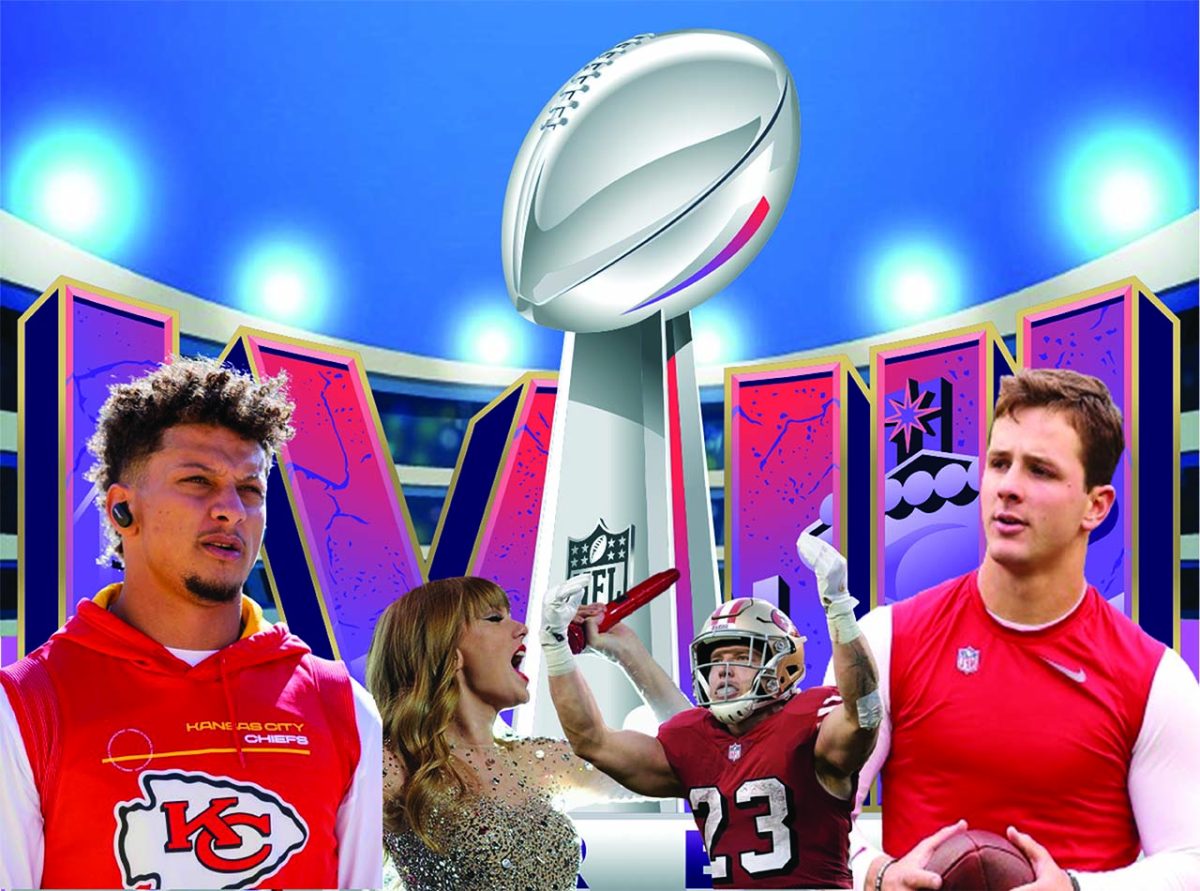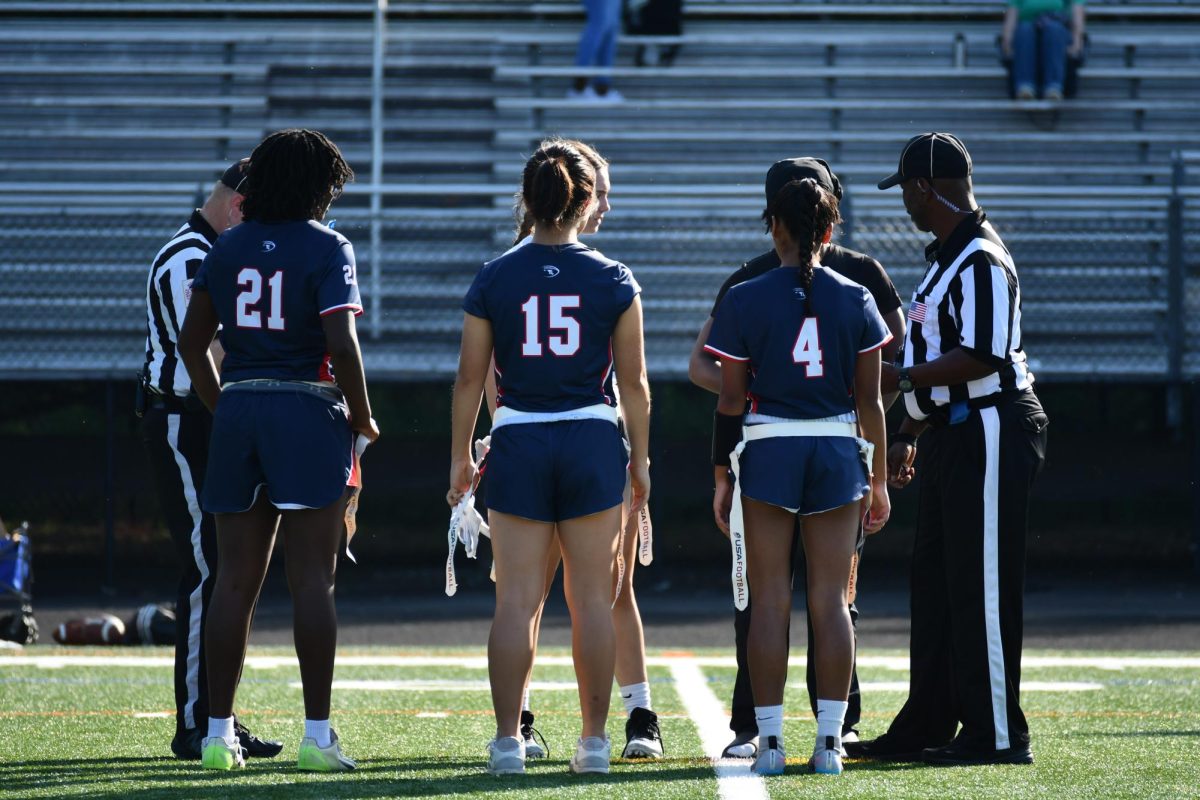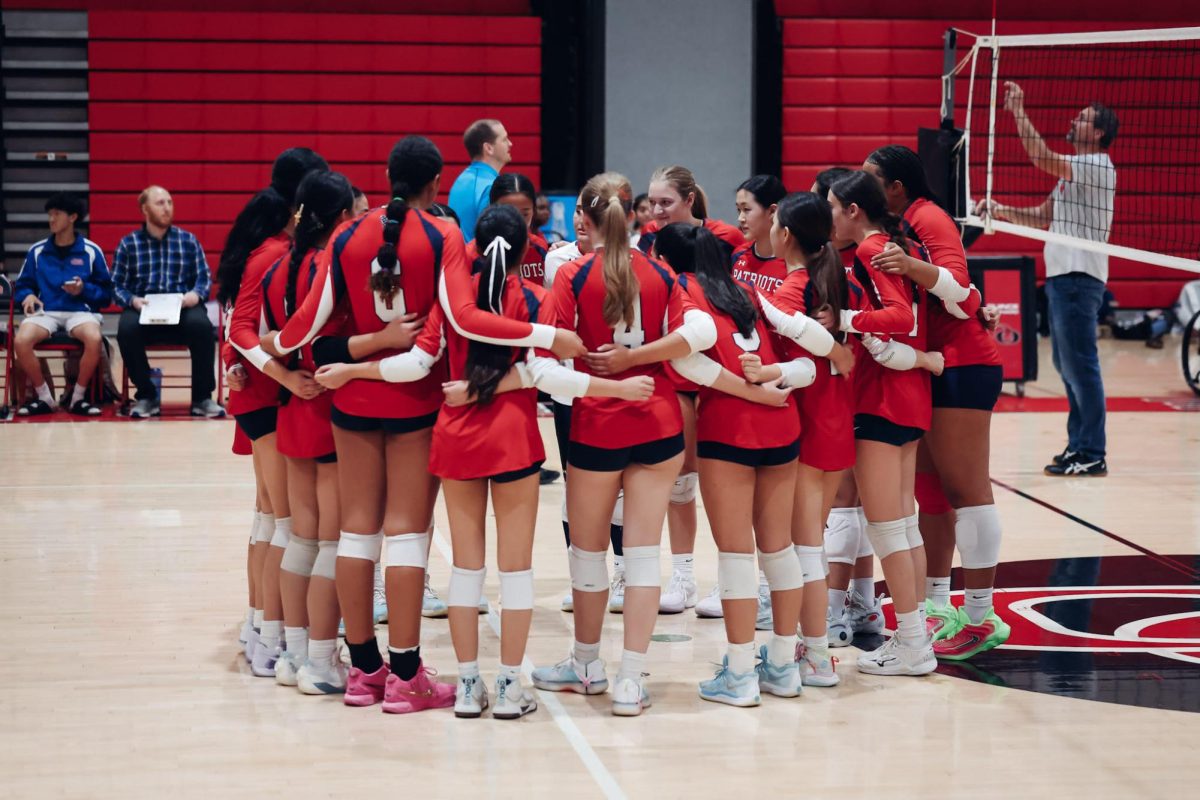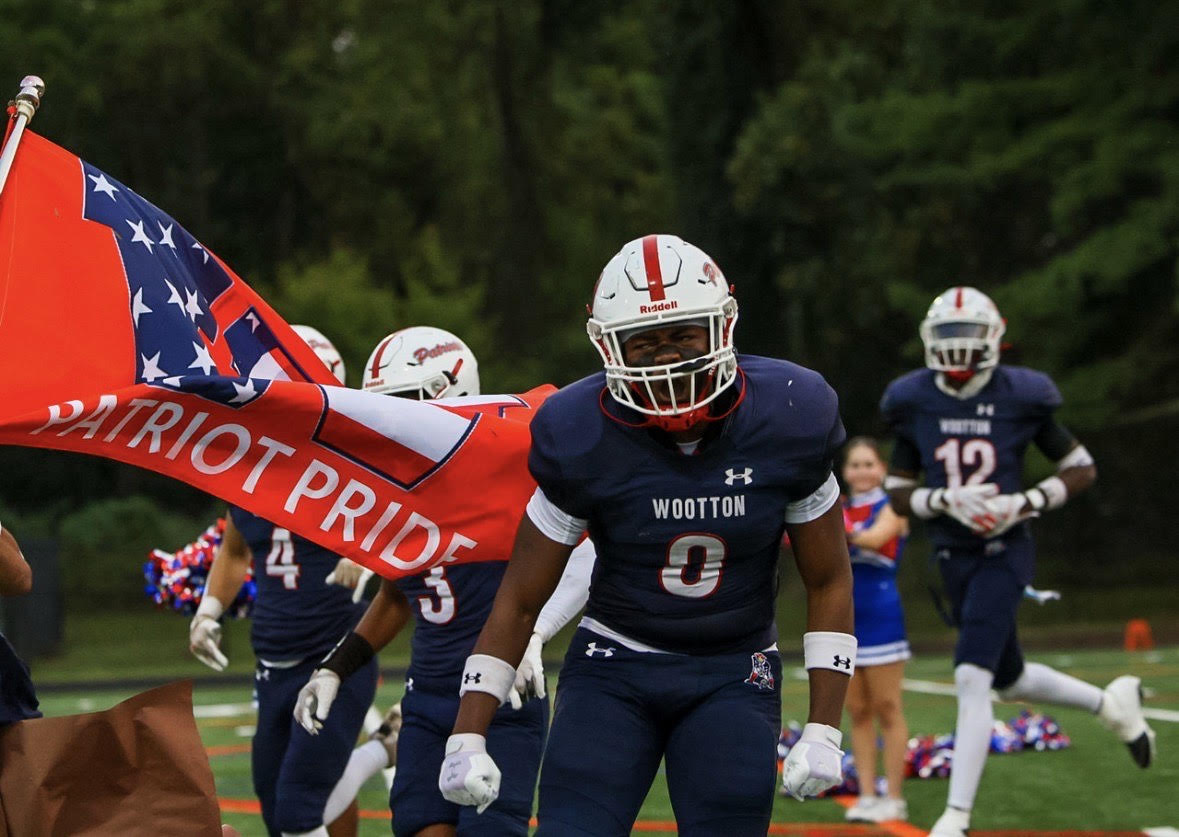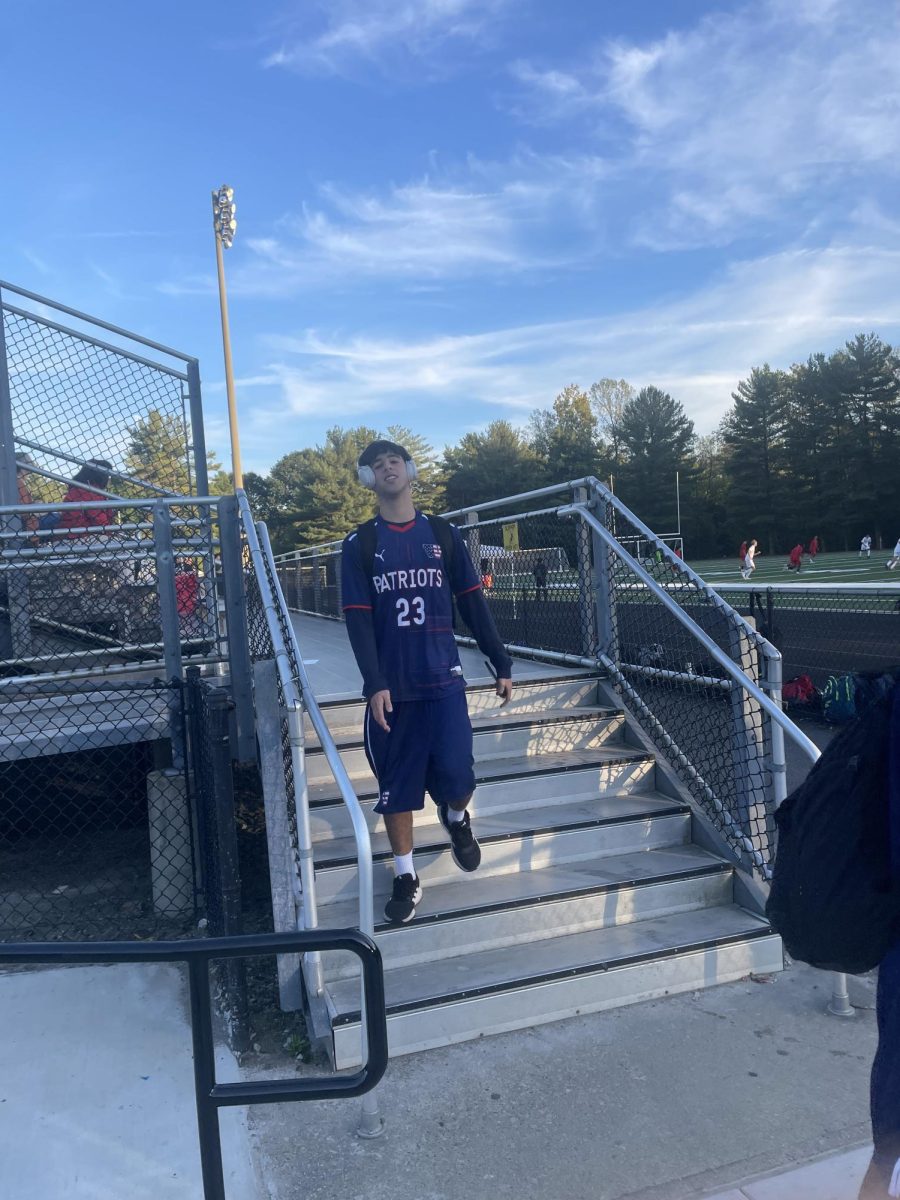As the confetti settles and the echoes of victory fade away, fans across the nation reflect on another thrilling Super Bowl showdown. The clash of titans, the electrifying plays, and the emotional rollercoaster are all part of what makes this spectacle one of the most viewed events in sports. But amidst the celebrations and heartbreaks, there lies a lingering question: is the outcome truly unpredictable, or is there a hidden script guiding the game?
Comparing this year’s matchup to the Super Bowl in 2020, it’s evident that the debate over script versus spontaneity continues to intrigue fans. In 2020, the Kansas City Chiefs defeated the San Francisco 49ers, just like in this year’s showdown, sparking discussions about the authenticity of the competition. Because of the emergence of a relationship between star Chiefs tight end (TE) Travis Kelece and singer/songwriter Taylor Swift, critics feel a scripted version of the season may be a viable accusation. Fans may believe that the Chiefs were scripted to win with a global superstar in their corner, but there is no substantial evidence, just speculation.
Freshman Lucca Phillips challenges the integrity of the NFL, suggesting that professional football is scripted for public entertainment.
Connecting the presence of pop star icon Taylor Swift to the increase of questionable penalties favoring the Chiefs, Phillips implies that the league orchestrates the drama and spectacle of the Super Bowl. He points out that by constantly showing Swift throughout the game, including in moments that seem unnecessary, the NFL is focusing more on engagement than integrity. In his view, the outcome of the game is predetermined, designed to maximize viewership, rigging the outcome.
Phillips’ stance has validity as critics argue that the league, driven by profits, may manipulate game outcomes to maximize revenue through increased viewership and ticket sales. Additionally, the influence of gambling and betting markets is cited as a potential motivator for rigging, with allegations of collusion between league officials and referees.
Junior Aiden Post is adamant that the Super Bowl is far from scripted. He highlights the accomplished resume of the Kansas City Chiefs and the San Francisco 49ers, emphasizing their status as juggernaut teams. For him, the presence of such teams in the championship game is not a coincidence but a testament to their skill and strength. This can be attributed to their respectable star quarterbacks, solid running backs, and tough defenses, building themselves into powerhouses, worthy of Super Bowl contention. Post’s perspective suggests that the NFL is a stage where genuine talent outshines media intervention, and the outcome is determined by the sheer will and ability of the players involved.
Junior Jack Kerns also believes there is no higher power at play, dismissing the idea of coincidence in Super Bowl matchups. For Kerns, the teams that have already appeared in the big game like the Chiefs and the 49ers have earned their spot, owing their success to hard work and dedication, and highlighting the importance of teamwork and skill.
Ultimately, whether one believes in an unscripted Super Bowl or suspects a carefully crafted narrative, there’s no denying the excitement and attention that accompanies this event. As fans and students alike celebrate victories or agonize over defeats, the debate rages on. One thing remains certain: the Super Bowl will continue to capture the attention of millions, scripted or not.


